|
Protesters in the US are raging against a system they say fails to hold violent and abusive police accountable for their actions, especially when that behavior victimises African Americans. Criminology scholar Jill McCorkel says that anger reflects a violent reality: Decades of research on police shootings reveal that officers with a history of shooting civilians are much more likely to do so in the future compared to other officers. A similar pattern holds for misconduct complaints. And the officers involved in both the deaths of African Americans George Floyd in Minneapolis and Breonna Taylor in Louisville share a history of complaints by
citizens of brutality or misconduct.
The Trump administration has all the markings of a presidency in crisis. The coronavirus has claimed 100,000 lives—and counting. Over 40 million Americans have filed for unemployment benefits during the crisis. And now, the death of a black man being pinned down by a white police officer in Minneapolis has sparked violent unrest that is rapidly spreading across the country. US President Donald Trump’s critics have assailed his response to both crises at a time when national leaders are traditionally looked upon for unity and solace. And yet, Tim Lynch writes, Trump doesn’t appear any more vulnerable in the 2020 US presidential election than he did
before the start of the pandemic.
|
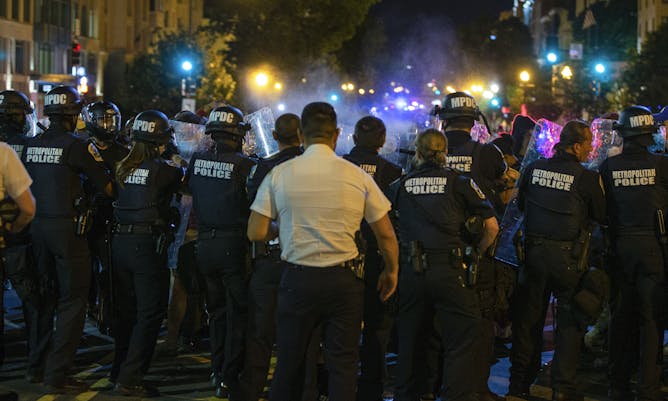
Police work to keep demonstrators back during a protest in Lafayette Square Park on May 30, 2020 in Washington, D.C.
Tasos Katopodis/Getty Images
Jill McCorkel, Villanova University
Many law enforcement agencies fail to adequately investigate misconduct allegations and rarely sustain citizen complaints. Disciplinary sanctions are few and reserved for the most egregious cases.
|
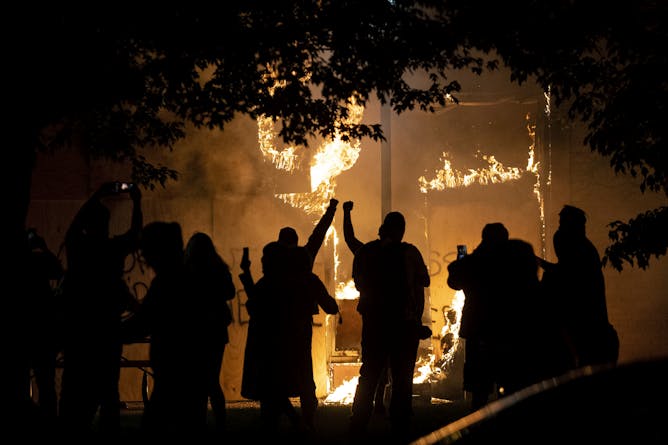
Sipa USA Minneapolis Star Tribune/TNS/Sip
Timothy J. Lynch, University of Melbourne
Trump's critics have assailed his handling of both coronavirus and the Minneapolis unrest. His election opponent, Joe Biden, though, has yet to show he can be the more effective leader, either.
|
Health + Medicine
|
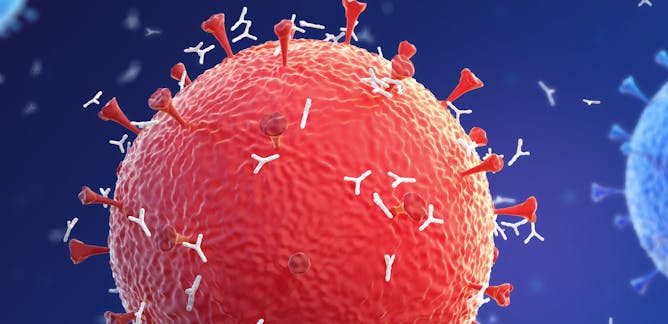
Eugene Wu, University of Richmond
An antigen test was given emergency use authorization by the FDA in early May. A biochemist explains how COVID-19 antigen tests work.
| |
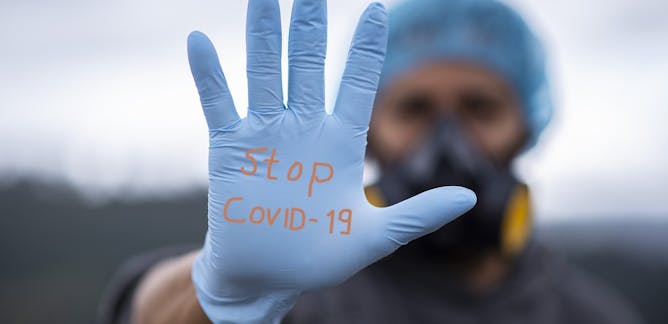
Lee-Anne Goodman, The Conversation
Our experts look at recovery efforts, how different the post-pandemic world will be, the hunt for a cure for COVID-19, and why we need to mind our mental health.
|
|
|
Science + Technology
|

John Marshall, University of Southampton
New research on the Late Devonian extinction suggests the ozone layer could be naturally depleted as the temperature rises.
| |
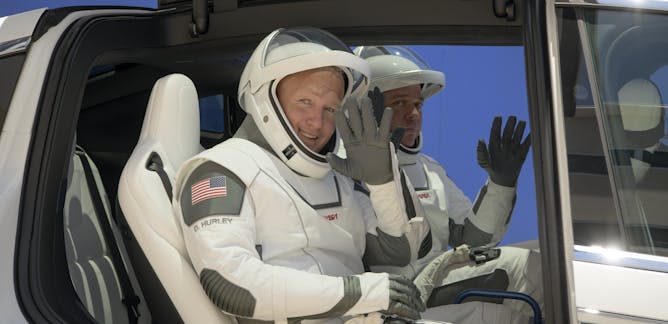
Gareth Dorrian, University of Birmingham; Ian Whittaker, Nottingham Trent University
To intercept the ISS, the capsule must match the station’s speed, altitude and inclination.
|
|
|